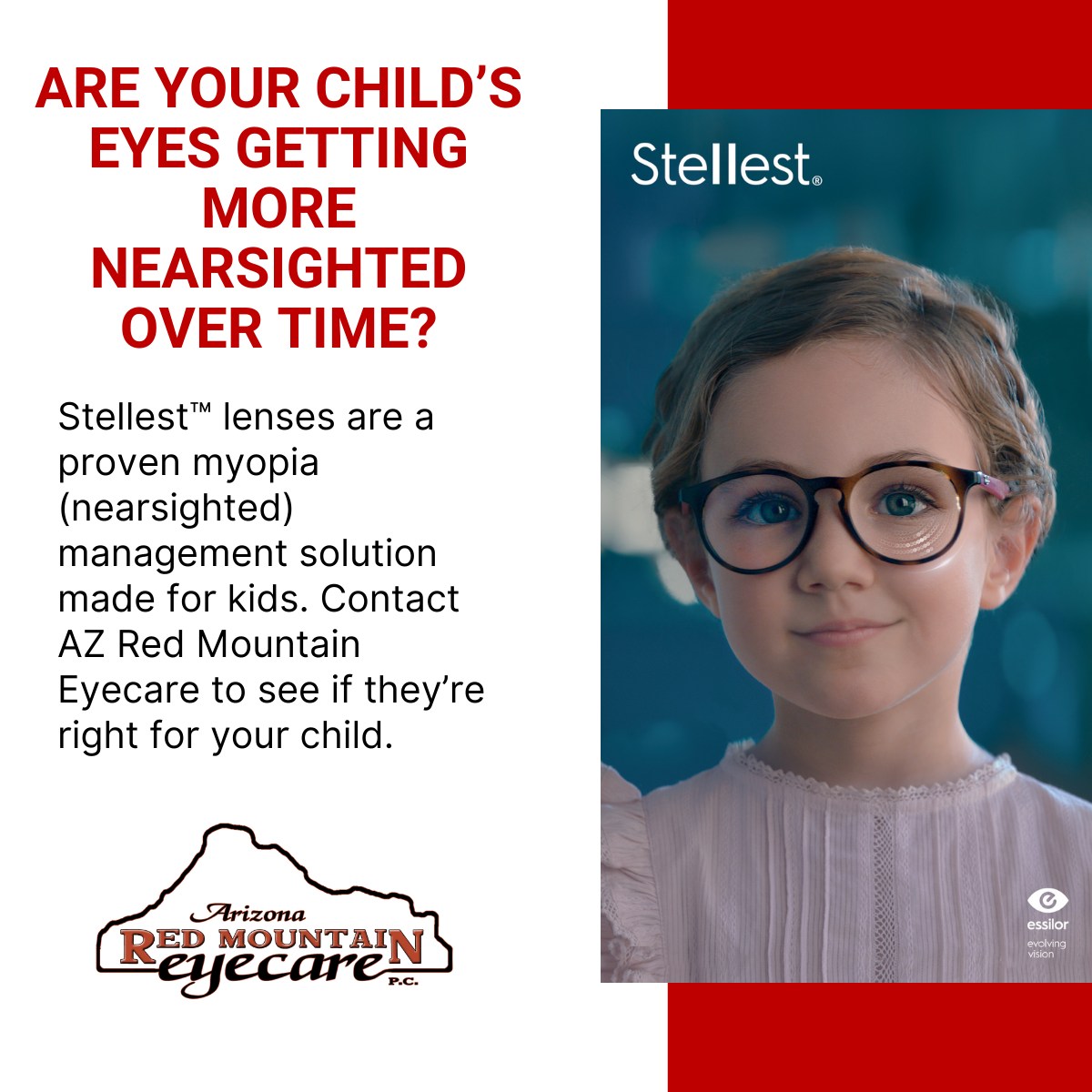
Every patient is different and so are their eyes. This means that there need to be different types of contact lenses to suit each individual. Some patients have corneal abnormalities which mean that conventional lenses won’t sit comfortably on the surface of their eyes, while others suffer from eye conditions that mean normal contact lenses won’t be comfortable or could irritate their eyes.
As you may have guessed from the name, specialty contact lenses are unconventional contacts that are designed for patients that regular contacts might not be suitable. Here are some of the main types of speciality contact lenses and who they are recommended for.
Who might be a good patient for specialty contact lenses?
Some of the patients that might benefit from specialty contact lenses include those who:
have been diagnosed with dry eye syndrome
have corneal scarring
have been diagnosed with keratoconus, a condition characterized by the bulging of the cornea
suffer from strabismus, a condition where the patient has an eye that turns in or out relative to the other
have suffered an injury to the eye
suffer from a peripheral corneal thinning disorder
are intolerant to other types of lenses
Your eye doctor or contact lens provider will be able to tell you if you need specialty contact lenses and if so, which lenses would be best based on your individual requirements.
Rigid Gas-Permeable Lenses
Also known as RGP lenses, these are made from a special material that allows oxygen to pass through them and reach the surface of the eyes. This helps to keep the eyes hydrated and comfortable, making these lenses easier to wear, especially for patients who suffer from dry eyes. Dry eyes aren’t just a symptom, but a very real condition, characterized by dry, stiff, and uncomfortable eyes, blurred vision, and eye fatigue. RGP lenses are more rigid than soft lenses, and this helps to keep them stable and secure on the eyes so that patients can enjoy sharper vision. They also help the cornea to maintain its shape, which helps to minimize the effects of some corneal abnormalities.
Scleral Contact Lenses
Scleral contact lenses are very different to standard contact lenses. This is because scleral lenses are much larger in diameter, with three different sizes available depending on your specific needs. This size difference means that the edges of the contact lens fall on a white part of the eye, called the sclera rather than the cornea. Scleral lenses are also different in that they vault over the surface of the cornea rather than touching it, leaving a space between the front surface of the eye and the back of the contact lens. This makes scleral lenses a good choice for patients with dry eyes and corneal abnormalities. Space can trap tear film which keeps the eyes hydrated, while space also accommodates many corneal abnormalities, such as the bulge associated with keratoconus.
Multifocal Contacts
Multifocal contacts differ from traditional single vision lens by containing multiple prescription strengths in a single lens. Most commonly, multifocal contacts are used by individuals with presbyopia, more commonly known as age-related farsightedness. Multifocal contacts technology allows wearers to see at different distances, which eliminates the need for multiple pairs of eyeglasses. Schedule a contact lens exam today to discuss if multifocal contacts could be the solution for you.
Hybrid (Duette) Contact Lenses
Hybrid contact lenses, including Duette lenses, combine the best features of both soft and gas-permeable contacts into one lens. These specialty lenses have a rigid gas permeable (GP) center that provides stability, sharper vision, and enhanced clarity—ideal for patients with astigmatism or irregular corneas. The soft silicone hydrogel skirt around the edge ensures all-day comfort and eliminates the discomfort that can come from the hard edges of traditional RGP lenses.
This unique design also helps maintain hydration by trapping a thin layer of tears between the cornea and the lens, keeping eyes moist throughout the day. Because they are custom-made, Hybrid (Duette) lenses provide a personalized fit that supports both clear vision and lasting comfort.
To determine if Hybrid (Duette) Contact Lenses are right for you, schedule a consultation with one of our eye care professionals at AZ Red Mountain Eyecare.











